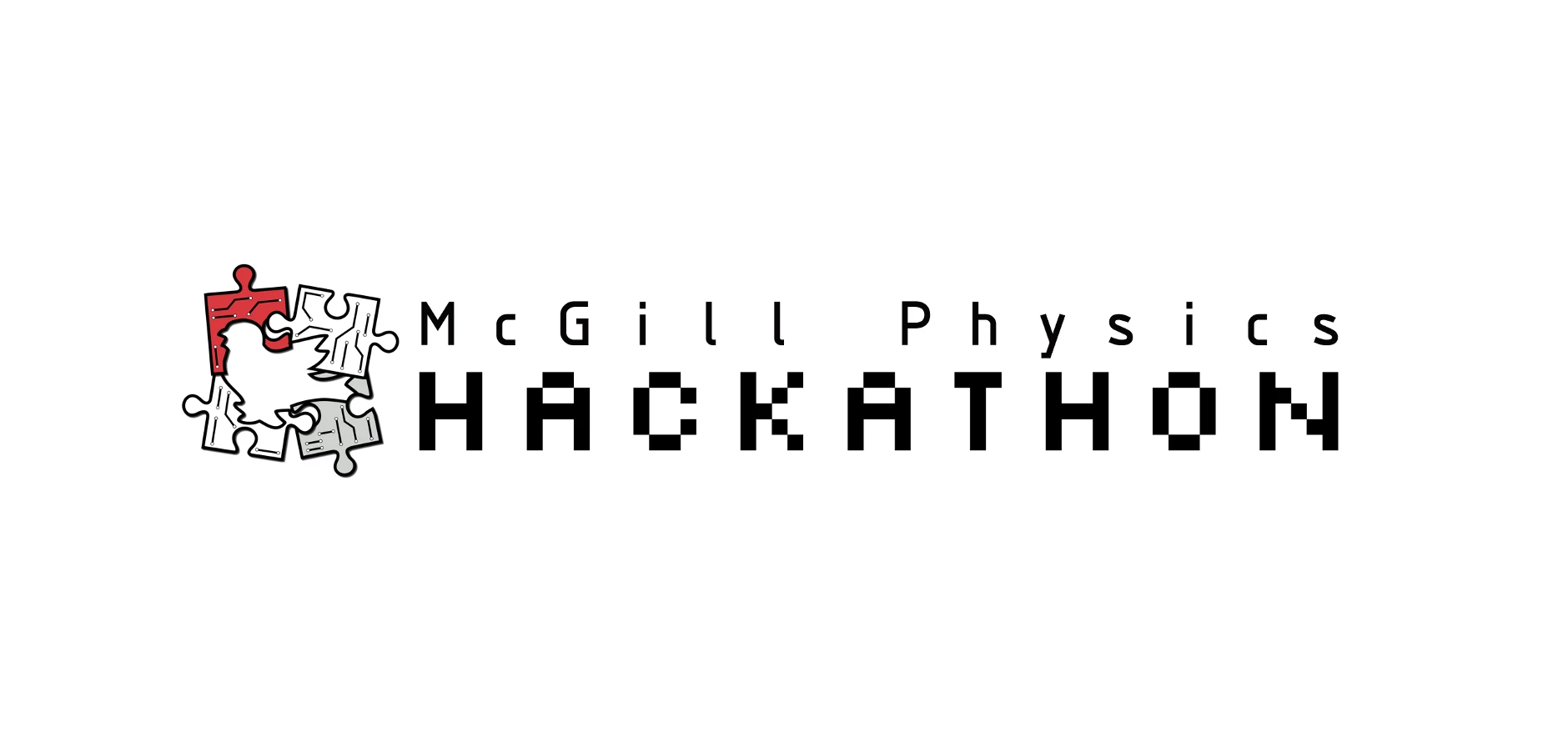
Hackathon Summary
The 2024 McGill Physics Hackathon was a vibrant 24-hour programming event that spanned three days, aimed at inspiring creativity in scientific computing and the physical sciences. The event attracted 88 registered developers, ultimately submitting 43 projects, showcasing high participation from teams of 2-5 members. The hackathon emphasized inclusivity, welcoming participants from diverse disciplines, focusing on curiosity rather than expertise.
Participants interacted with experts from academia and industry, creating a collaborative atmosphere that provided valuable guidance and networking opportunities. This interaction enriched the learning experience for all attendees.
The hackathon promoted diverse applications of scientific computing, demonstrating its goal of sparking fun and creativity in a supportive environment. The successful execution of the event highlighted its role in making scientific computing more accessible and enjoyable, fostering innovation without strict thematic constraints.
For more detailed information about the hackathon, please visit here .
Hackathon Winners
Main Track Prize Winners
Schrödinger's Tic Tac Toe - Created an interface using React.js and implemented game logic with JavaScript, combining quantum mechanics with tic-tac-toe. The project provided an educational gameplay experience about superposition and decay through dynamic visuals and interactive elements.
Quantum Pacman - Combined quantum physics with Pac-Man by simulating ghost positions using probability distributions. The project offered a gamified exploration of quantum mechanics through innovative game mechanics.
Satisfying the Wave Equation: Simulating Light Waves from Scratch - Used GPU-accelerated simulations to demonstrate light wave phenomena, showcasing interference and diffraction while providing insights into light behavior through real-time updates.
Kathy and Karth: A Story of Time Dilation - Simulated time dilation through differential aging effects, illustrating concepts of relativistic physics in practical scenarios.
Hackathon Marble Drop - Visualized mathematical functions through interactive simulations, applying parameters like resistance and gravity to enhance understanding of physical concepts.
Quantum Cloud - Analyzed multi-electron orbits using the Hartree-Fock method, visualizing electron dynamics with Python and SciPy, and enhancing atomic structure representation through Unity.
The Force Awakens: Black Hole Orbital Mechanics N-Body Simulator - Simulated black hole orbital mechanics using gravitational physics, presenting real-time celestial simulations and user interactions integrated online.
BloodViz - Simulated normal and pathological hemodynamics using the Navier-Stokes equations, presented with Vue.js for exploring health-related physiological changes.
People's Choice Prize Winner
For a comprehensive overview of all submissions and innovations from the 2024 McGill Physics Hackathon, please visit Dorahacks.
About the Organizers
McGill Physics
McGill Physics is the physics department of McGill University, renowned for its excellence in research and academic reputation. The department focuses on areas such as condensed matter physics, astrophysics, and quantum computing, dedicated to advancing scientific knowledge through cutting-edge research and collaboration. The McGill Physics department places a high value on interdisciplinary projects, actively contributing groundbreaking solutions to global scientific challenges and fostering an environment of discovery.
免责声明:本文章仅代表作者个人观点,不代表本平台的立场和观点。本文章仅供信息分享,不构成对任何人的任何投资建议。用户与作者之间的任何争议,与本平台无关。如网页中刊载的文章或图片涉及侵权,请提供相关的权利证明和身份证明发送邮件到support@aicoin.com,本平台相关工作人员将会进行核查。




